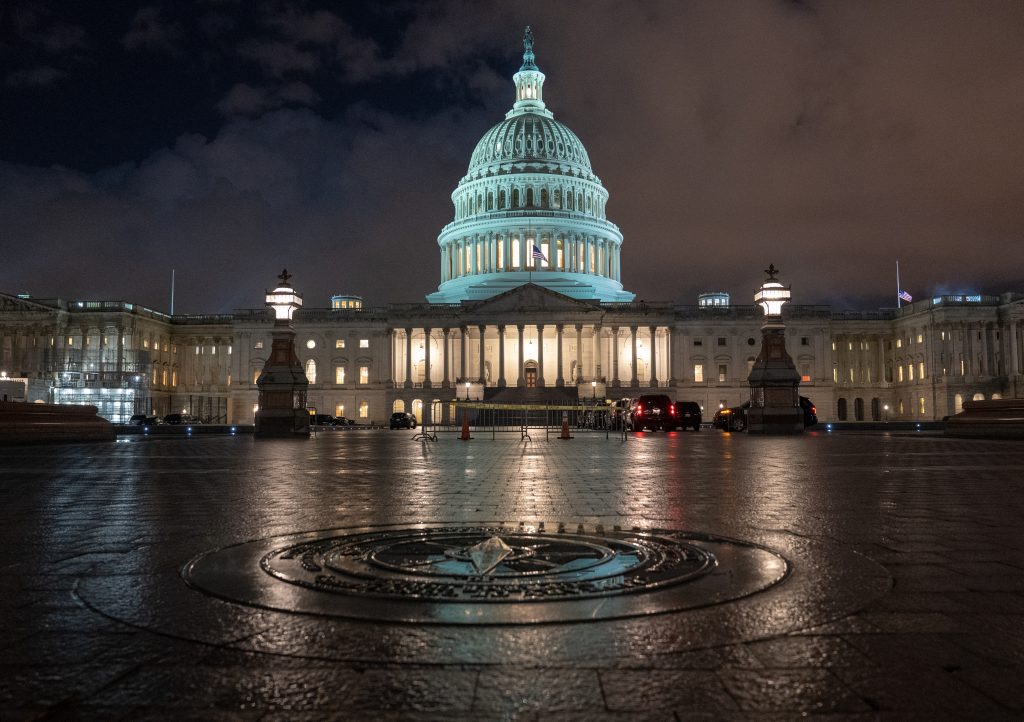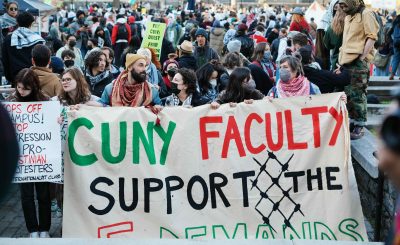By Mel Portela Gil
The government is blaming TikTok once again, everyone!
For what? More reasons than you can count.
Does the United States fear the cat videos and dance trends will lead to a Gen Z uprising? Or is the government genuinely concerned for American security? No matter the truth, we might have to plan another Vine-style funeral.
The Republican-led House of Representatives has been hammering the Biden Administration over the national security risk of TikTok, a Chinese video-hosting company, and to protect Americans from Chinese manipulation. On February 28, 2023, the Chinese Foreign Ministry spokesperson, Mao Ning, stated the U.S. government was “overstretching the concept of national security” and questioning how it is possible for “the U.S., the world’s top superpower, to fear a young person’s favorite app to such a degree,” according to Politico.

On March 23, 2023, Shou Zi Chew, Singaporean businessman and CEO of TikTok since 2021, testified to the House of Representatives Energy and Commerce Committee about the platform’s data sharing and connections to the Chinese Communist government. Chew said that TikTok had created an extensive security system to protect the 150 million American users’ privacy. Both Democrats and Republicans committee members disagreed, according to Reuters. Committee members believe TikTok promotes drugs, sexual exploitation, and propaganda.
President Biden has advised TikTok’s parent company, ByteDance, to sell the platform or be upright banned to satisfy Congress. However, China’s Ministry of Commerce spokeswoman, Shu Jueting, rejects the request stating, “[A forced sale] would seriously damage investors from multiple countries including China [and hurt] confidence to invest in the United States,” according to the Associated Press. The U.K., New Zealand, and Norway have also been wary of their citizen’s app usage. The United States has followed these fellow countries by banning TikTok from government-issued devices.
Due to TikTok’s negative publicity, many colleges are following the federal government’s stance on banning TikTok from campus Wi-Fi. Oklahoma State University, the University of Florida, and Arkansas State University have barred the Chinese app. I interviewed the Queensborough Community College (QCC) President, Dr. Christine Mangino, about the possibility of a TikTok ban at QCC. A representative for President Mangino stated, “While Queensborough has no immediate plans to block the use of TikTok on its campus Wi-Fi, the Office of Information Technology conducts daily security assessments and is prepared to respond to any new or evolving risk.”
Former President Donald J. Trump first attempted to ban TikTok in 2020 without much support. Although a total ban is not likely, it still concerns QCC students. Raya, Music Production major, says, “[We] shouldn’t ban TikTok nationwide [since it] helps us connect… For many people, it’s how they get the news; it’s their job.”
The bans are already starting in Montana, becoming the first state to ban TikTok from personal devices. If a person violates the law in Montana, they will be fined $10,000.
The country fears the new generation’s technological changes, yet there needs to be more conversation to get the young people’s perspective on the situation. When I asked Raya about the effects on American life if the nationwide TikTok ban passes, she said, “…it can change how [Americans] use the internet.



